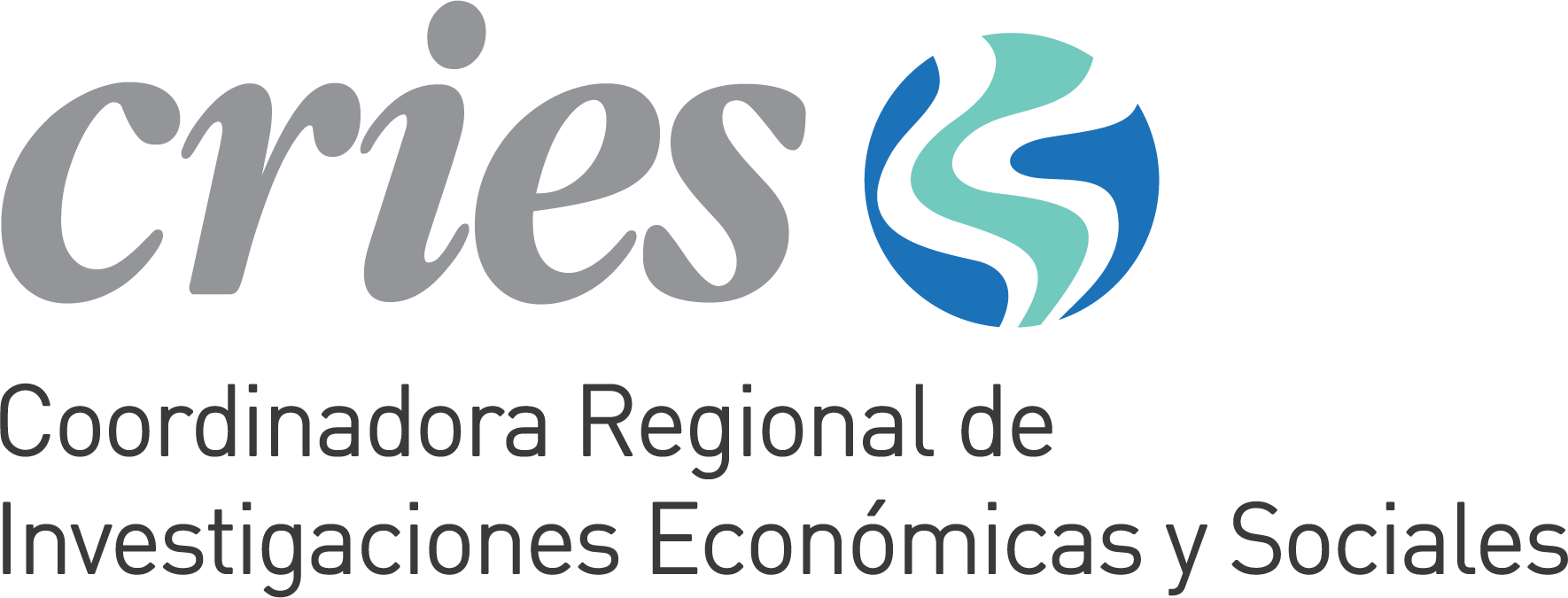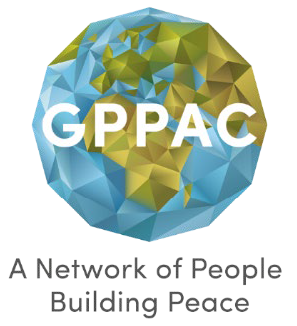Mass Violence and Atrocities | Discussion Takeaways
IX. Regional Responses to the Crises in Latin America and the Caribbean: Polarization, Migration, Resilience
Among its main objectives, the Latin American and Caribbean Civil Society Forum for the Prevention of Mass Atrocities, known as the Cúcuta Forum, aims to strengthen the preventive capacities and build resilience at the regional level, as well as increase interinstitutional cooperation through advocacy strategies and communication campaigns. The Cúcuta Forum has held a series of workshops with a wide variety of actors to discuss and coordinate follow-up actions related to its objectives.
In October 2022, the Stanley Center and La Coordinadora Regional de Investigaciones Económicas y Sociales (CRIES) co-organized the Ninth Workshop of the Regional Responses to the Crises in Latin America and the Caribbean. Convening in Panama City, the workshop featured discussions about the reduction of civic spaces in Latin America and the Caribbean; migration, forced displacement, and human rights; and challenges for resilience in Central America. The key takeaways from these discussions are available in English and Spanish below.
Discussion Takeaways
Civic Spaces amid Polarization in Latin America and the Caribbean
Translations: Portuguese | Spanish (cries.org)
Polarization, which deepens social fractures and weakens democracies, is on the rise in the Latin American and Caribbean region. The workshop identified recommendations for civil society in highly polarized contexts, including how narratives of solidarity across media formats and local civic spaces acting as “cooperatives of truth” can help prevent the deepening of division and distrust in communities.
Migration, Forced Displacement, and Human Rights
Translations: Portuguese | Spanish (cries.org)
The lack of differentiated concepts around “human mobility” in existing legislative frameworks and regulations exacerbates human rights violations of migrants. The workshop focused on how governing bodies at all levels, in addition to civil society, can play a role in developing a comprehensive strategy for securing the well-being of migrants, displaced people, exiles, and those at risk of forced migration.
Challenges for Resilience in Central America
Translations: Portuguese | Spanish (cries.org)
Emerging risks in Central America—including economic recession, climate change, and authoritarian regimes—pose challenges for societal resilience but can also inform strategies for the upstream prevention of violence. Monitoring structural risk factors of violence and defining alliances to reintegrate communities can help build resilience and collective resistance, especially in repressive contexts.
TOP IMAGE CREDIT: Guna Dule Indigenous children at a school in Unguia, Choco, Colombia. (Photo by Juancho Torres/Anadolu Agency/Getty Images)
Partners


Related Publications
Mass Violence and Atrocities
VIII. Regional Responses to the Crises in Latin America and the Caribbean: Subregional SessionsMass Violence and Atrocities
VII. Regional Responses to the Crises in Latin America and the Caribbean: Shrinking Civic Spaces and Challenges to ResilienceMass Violence and Atrocities
VI. Regional Responses to the Crises in Latin America and the Caribbean: Recommendations for COVID-19Related Events
October 19-20, 2022
Regional Responses to the Crises in Latin America and the CaribbeanOctober 27, 2022
Civil Society Session at the Annual Meeting of the Latin American Network for Genocide and Mass Atrocity Prevention